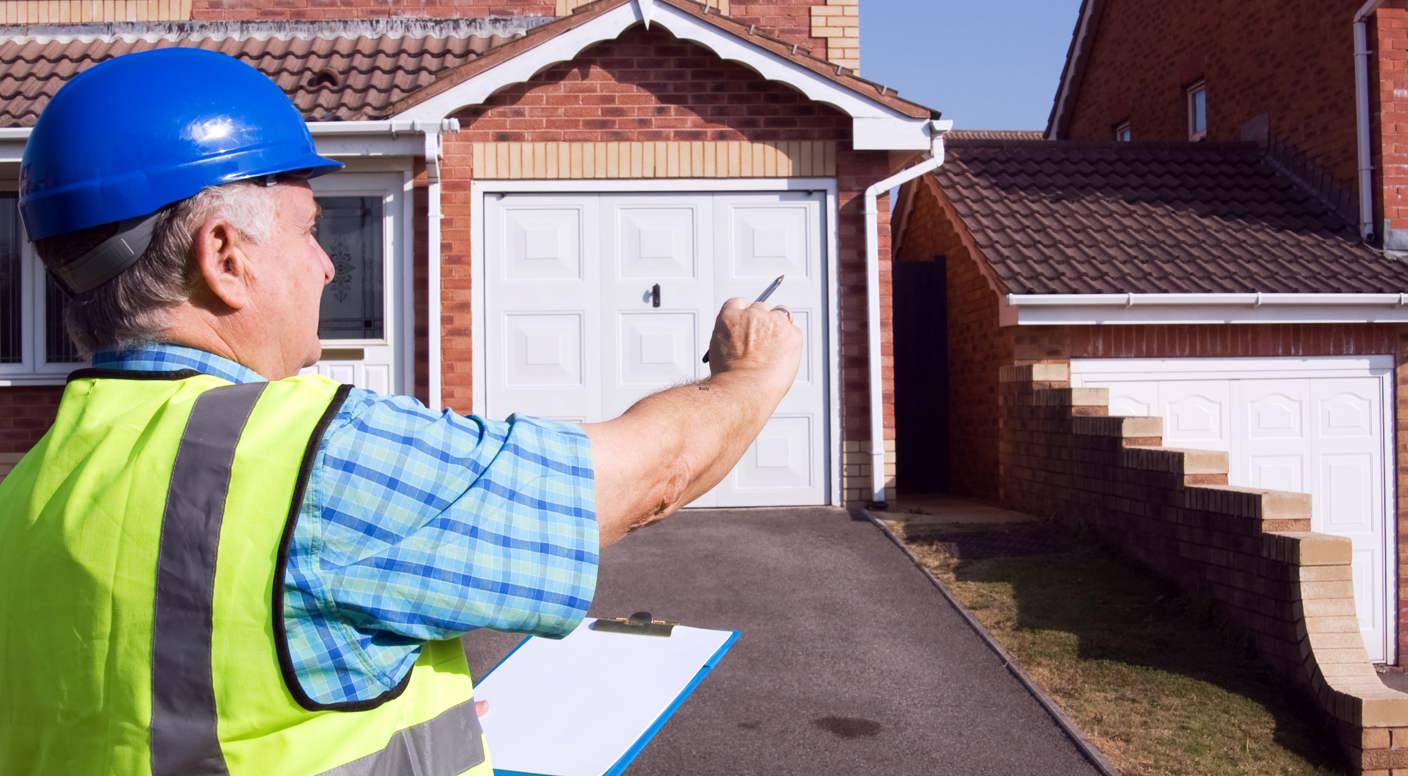An accurate property valuation you can trust
We'll help you to find the value of your property, so you can find a buyer or tenant as soon as possible.
Enter your details below to book a professional appraisal.
What Safety Certificates and Inspections Are Legally Required Before Renting Out My Property?
Renting out a property in the UK comes with a range of legal responsibilities to ensure tenants' safety and well-being. Landlords must obtain and maintain specific safety certificates and conduct regular inspections to comply with the law. Our latest Farrell Heyworth blog outlines the essential requirements as of May 2025.

Gas Safety Certificate (CP12)
Under the Gas Safety (Installation and Use) Regulations 1998, landlords are required to:
- Have all gas appliances, fittings, and flues checked annually by a Gas Safe registered engineer.
- Provide tenants with a copy of the Gas Safety Certificate (CP12) within 28 days of the check or before the tenancy commences.
- Retain records of the gas safety checks for at least two years.
Failure to comply can result in substantial fines and may invalidate your ability to serve a Section 21 notice to regain possession of the property.
Electrical Installation Condition Report (EICR)
As per the Electrical Safety Standards in the Private Rented Sector (England) Regulations 2020, landlords must:
- Ensure that the electrical installations in their properties are inspected and tested by a qualified person at least every five years.
- Provide a copy of the EICR to existing tenants within 28 days of the inspection and to new tenants before they occupy the premises.
- Address any remedial work identified in the report within 28 days or sooner if specified.
Non-compliance can lead to fines up to £30,000 and may also affect your ability to serve a valid Section 21 notice.
Energy Performance Certificate (EPC)
Landlords are legally obligated to:
- Provide prospective tenants a valid EPC with a minimum E rating at the earliest opportunity.
- Ensure that the EPC is available before the property is marketed for rent.
- The Government has proposed that all rentals will need an EPC rating of “C” by 2030, and all new tenancies will need to meet the standard by 2028.
Failure to comply will mean a £30,000 fine per property.
Fire Safety Requirements
Landlords must adhere to the following fire safety regulations:
- Install at least one smoke alarm on every property storey used as living accommodation.
- Install a carbon monoxide alarm in any room containing a solid fuel-burning appliance.
- Ensure that all alarms are in working order at the start of each new tenancy.
- Provide fire-safe furnishings and fittings in furnished properties.
Compliance with these regulations is crucial to ensure tenant safety and to avoid potential legal consequences.
Legionella Risk Assessment
While there is no legal requirement to obtain a Legionella test certificate, landlords are expected to:
- Conduct a risk assessment for Legionella bacteria to ensure the safety of the water systems.
- Implement necessary risk control measures, such as regular system flushing and maintaining appropriate water temperatures.
The risk assessment documentation should be kept on file, and tenants should be informed of any control measures in place.
Right to Rent Checks
In England, landlords must verify that tenants have the legal right to rent residential property. This involves:
- Checking original identification documents, such as passports or residence permits.
- Making and retaining copies of the documents with the date the check was conducted.
- Conducting follow-up checks if the tenant's right to rent is time-limited.
Failure to carry out these checks can result in civil penalties of up to £3,000 per tenant.
Additional Considerations
Landlords should also be aware of the following requirements:
- Deposit Protection: Any tenancy deposit must be protected in a government-approved scheme within 30 days of receipt, and prescribed information must be provided to the tenant.
- How to Rent Guide: A copy of the latest version of the government's "How to Rent" guide must be given to tenants at the start of the tenancy.
- HMO Licensing: If renting to multiple tenants forming more than one household, you may need a House in Multiple Occupation (HMO) licence from your local authority.
Ensuring compliance with all safety certificates and inspections is not only a legal obligation but also a moral one, safeguarding the well-being of your tenants. Staying informed and proactive in meeting these requirements will help you maintain a successful and lawful rental business.
Related Posts
UK Rental Market Outlook 2026: National Trends & North West Growth Analysis
Our latest blog post combines the latest data from the Rightmove Rental Trends Tracker, the ONS Private Rental Price Index,…
Most In-Demand Property Features for 2026 Buyers: UK Trends and North West Insights
National data from the Office for National Statistics, the Bank of England and leading property portals such as Rightmove consistently…
Why Coastal Relocations Will Surge Again in 2026: Complete Guide for UK Home Buyers
Across the UK, search volumes for phrases such as "move to the coast", "best coastal towns to live", and "coastal…



